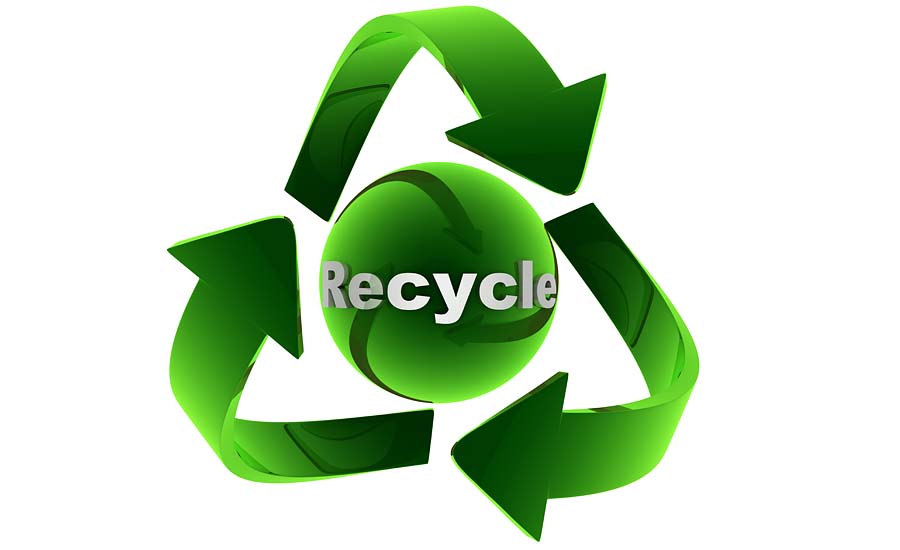Smithfield Foods, Inc., Smithfield, Va., announced a key step toward achieving zero-waste-to-landfill status across its North Carolina processing facilities. Smithfield will achieve this goal with support from its newest partner, Waste Connections, Canada, in what is said to be a first-of-its-kind collaboration between a food company and waste services provider.
The project will create a recycling facility that processes materials specifically from food production facilities to reduce solid waste to landfills 10% by 2020 across all locations, according to Smithfield’s latest sustainability report.
“At Smithfield, we are the first major protein company to make a significant GHG reduction commitment, and are forging innovative new partnerships to help us get there,” says Stewart Leeth, vice president of regulatory affairs and chief sustainability officer for Smithfield Foods. “This project is especially exciting because our employees are banding together across facilities in North Carolina, working as a team to make meaningful progress toward our sustainability goals in the state. From zero-waste-to-landfill to GHG reductions, they are making sure we continue to lead our industry.”
Waste Connections provides waste collection, transfer, disposal and recycling services of solid waste, and will increase Smithfield’s savings in rebate value of recycled materials through its specialized recycling facility in Clinton, N.C. Waste Connections’ investment in the recycling facility will play a major role in assisting Smithfield’s Tar Heel, Clinton, Wilson, and Kinston, N.C., locations in reaching their environmental target of eliminating waste to landfills.
“We are proud to partner with a company recognized for its industry leadership in sustainability,” says David Hall, senior vice president of sales and marketing for Waste Connections. “Smithfield’s companywide stewardship allows for great strides to be made to benefit the environment, and we are looking forward to assisting its North Carolina facilities in achieving their zero-waste-to-landfill goal in the near future.”



